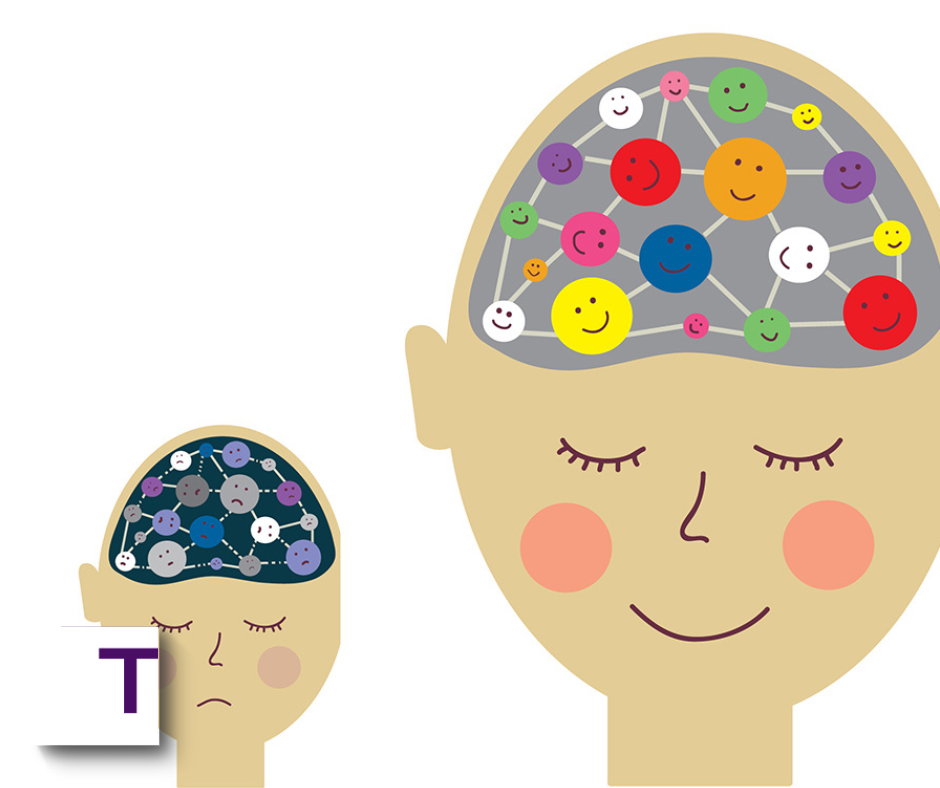Originally published August 2021 in Trojan Today.
When I was twenty-five years old, I read “What to Say When You Talk to Yourself” by Shad Helmstetter, Ph.D. I considered myself pragmatic, not exactly woo-woo or yogi, and although it seemed far-fetched that simply repeating something could make it come true, I was willing to give this positive self-talk a good college try.
The results were astounding.
I was never a morning person. I always woke up groggy and needed coffee before I could put a sentence together. Luckily, I managed a dental practice that allowed me to work an eleven-to-nine shift; otherwise, I would have been totally screwed. So, when I came across a chapter on mental energy, I decided to change my morning mantra from “I’m so tired” to shouting “I’m up! I have all the energy in the world to do what I’m about to do and I’m excited!” My neighbors must have thought the cheese had slid off my cracker, but every day for a week I set my alarm for six o’clock so I could go to the gym before work (which I’d never seemed to have had the energy to do). Each day I jumped out of bed before I knew what was happening and shouted my morning energy self-talk. Fast forward to now, I wake up seven days a week at five o’clock, energized, and ready to do my best work in the morning.
This practice was the first time I was introduced to self-hypnosis, and it changed my life in small ways and big ways. Helmstetter writes, “The brain simply believes what you tell it most. And what you tell it about you, it will create. It has no choice.”
If you listen to the patterns of your thoughts, you’ll find a few holes in your energy bucket, stealthily draining you throughout the day. The “negative” thoughts aren’t “bad” or “good.” Some have been there to keep you safe, to keep you on the road, and to keep you from falling into a ditch if you’re not careful. They’ve gotten you this far, but you can’t take them with you where you’re going. Judgment, fear, doubt, and guilt are mean and mighty guard dogs. But you don’t need them anymore. You’re a big dog now, and you have other tools to help you succeed.
Think of negative thoughts as energy vampires, hypnotizing your brain into following their every command. How do we evade these vampires? No need for garlic, silver bullets, hypnotizing your brain into following their every command. How do we evade these vampires? No need for garlic, silver bullets, or wooden stakes. A simple process called WTF will do the trick. (WTF? Yep.)
W – Welcome the negative thought.
It’s an old friend stopping by for a cup of tea, always trying to give you advice you didn’t ask for.
T – Thank the friend for opinions and advice.
As irritating as they might be, they’re coming from a place of concern, so you can express your gratitude without having to follow their lead.
F – Farewell.
Just as your friend can stop by and eat all your cookies, they also get to leave. This is your house, so bid them farewell, until they decide to stop by again.
How can you use this in the dental practice? Whether you hear negative self-talk inside your head, or from a co-worker, reframe the situation to move the mindset to solutions, possibilities, and inspiration for a co-creative culture. Instead of telling yourself you don’t have the time or resources, or something won’t work, or no one listens, try inventing ways to simplify the process and amplify the results. Assess what you’ve learned and look for ways to improve management skills and communicate more effectively for greater impact.
Make friends with your inner dialogue
Rather than getting irritated by a negative thought, or judging yourself for still having it, instead you can WTF (Welcome, Thanks for your concern, Farewell for now). You are not the thought. The thought is a meddling friend only here for a visit and will leave soon enough. (Believe me, I get it. After five years of therapy when my old shadows creep back, I hear myself say, “What are you doing here? I thought I vanquished you.” Sigh. Ok. I still have healing and growing yet to do.)
Can you have a bit of fun and humor when it comes to your neuroses? If you start to see them as characters in your own internal play that you’re directing, even the dark stuff can seem a bit lighter. I know it does for me.
Holly Anne Mitchell is the Founder of the LeadWell Network, a certified hypnotist, keynote speaker, master practitioner in neurolinguistic programming, life and business coach in the dental industry.
FMI: hollyannemitchell.com, https://www.linkedin.com/company/leadwell-network/

